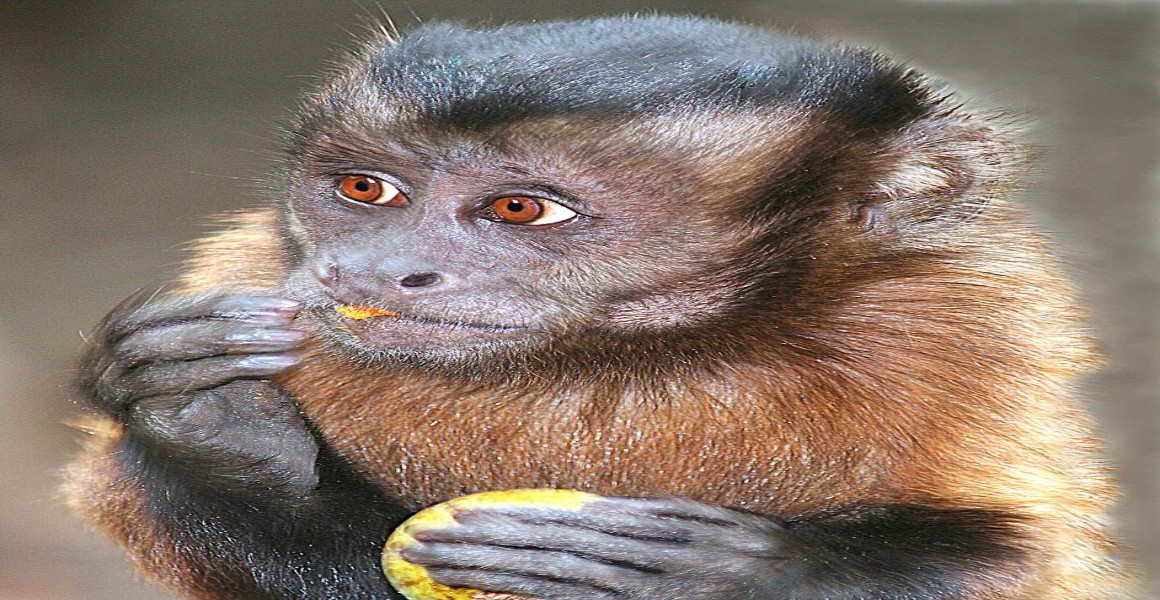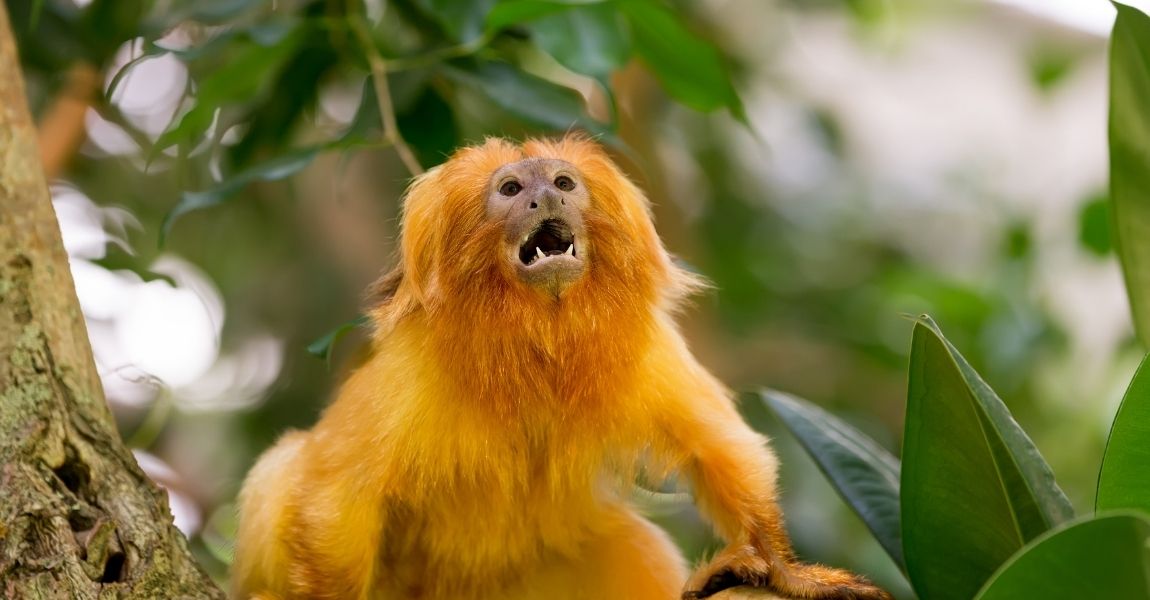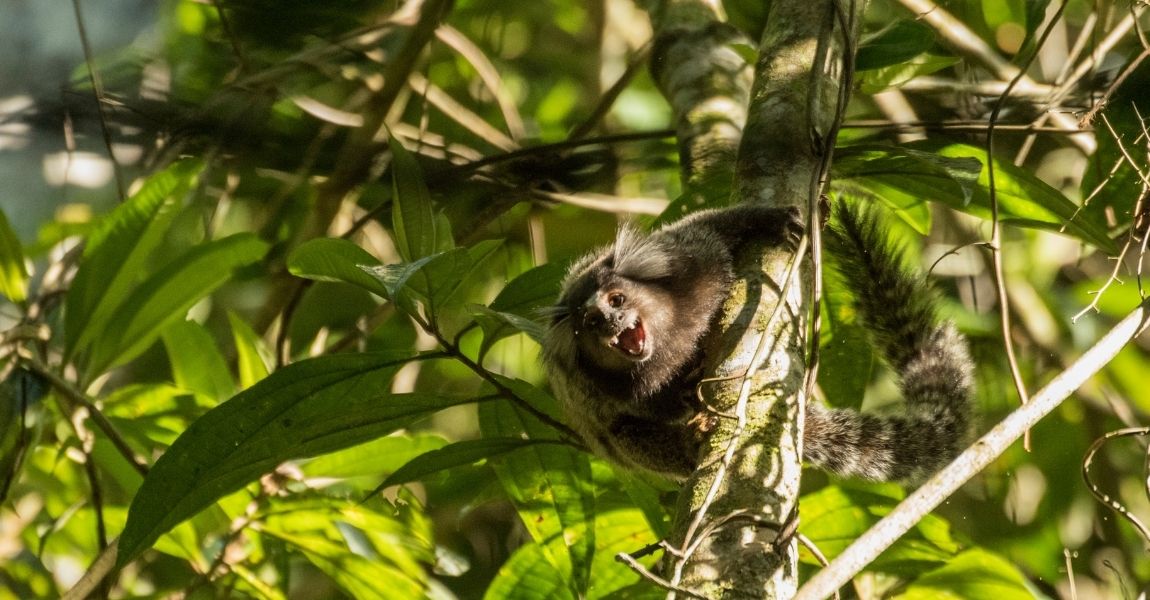Vegetables
Vegetables should preferably be cooked, as they will be easier for your capuchin to eat than the raw hard ones.Carrots
Pumpkin
Butternut
Sweet potato
Peas
Beans
Corn on the Cob
Broccoli (cooked/raw)
Marrows (cooked/raw)
Gem Squash (cooked)
Cauliflower (cooked/raw)
Fruits
PearsKiwi
Pomegranate
Berries in all varieties.
Watermelon and other varieties of melon
Papaya
Passion fruit
Apples
Litchi
Oranges
Mango
Bananas and Grapes can also be given, but in small amounts as these contain very high sugar levels
Proteins and Carbohydrates
One serving of protein a day is ideal for your monkeyCarbohydrates can be given as an additional side item to your fruits and vegetables
Cooked beans
Cooked chicken
Whole Wheat Bread
Scrambled egg
Cooked Rice
Cottage cheese
Boiled egg
Cheddar cheese
Cooked Pasta
Nuts
Insects
Meal worms
Always ensure that your Monkey has access to Fresh water at all times
Food supplements:
If you are giving your monkeys a balanced and versatile diet, then very few supplements will be needed. Calcium Deficiency is a possibility, and adding a little bit of extra calcium into the diet. Just remember that the absorption of Calcium into the body relies almost entirely on the presence of Vitamin D3. This is why it is essential that your Monkey receives direct sunlight on a daily basis. Vitamin D3 is produced from direct sun to skin exposure (not through glass)Be careful with adding extra vitamins to your Monkeys diet, as this can be a danger to their livers in too large amounts. If you maintain a balanced diet of fruits and vegetables, your marmoset should receive all the nutrition it needs. Natural vitamins obtained from a correct diet are more beneficial than any supplement.
a small amount of Energade - on extremely warm days - can help to put all the electrolytes back into your monkey's system. It is also very good to prevent dehydration, and so in cases where your Monkey is suffering from diarrhea, it is very good.





